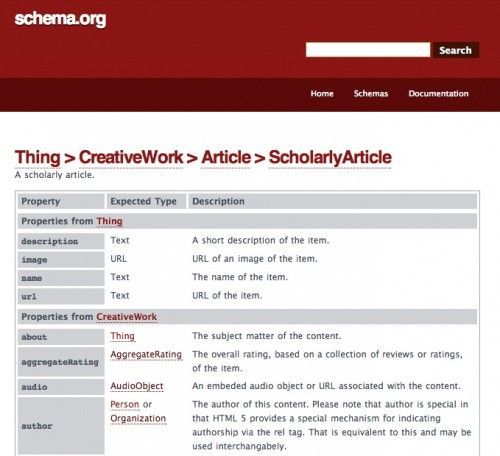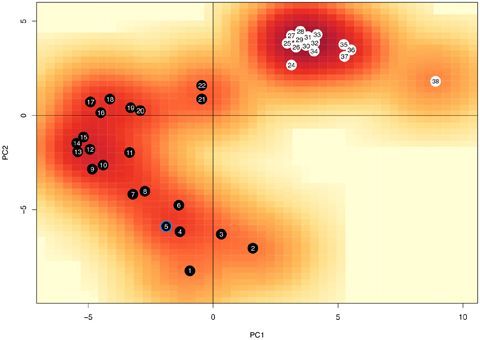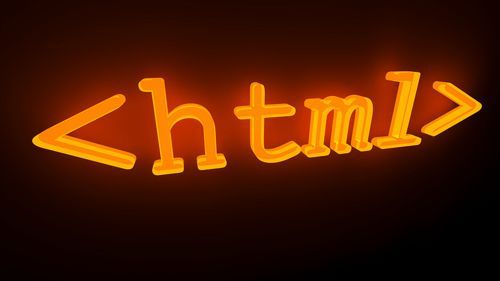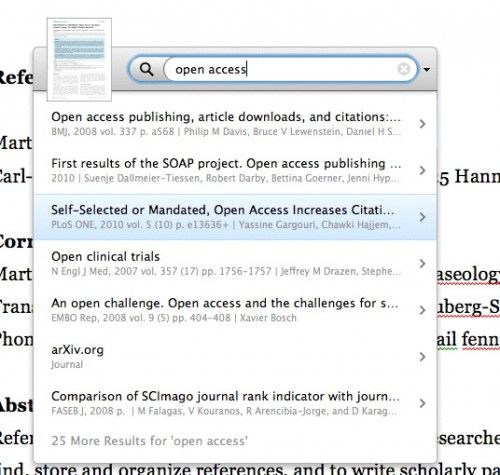
Last Thursday the search engines Google, Bing and Yahoo announced schema.org, a new initiative for structured data markup on the web. Websites that use this schema to markup their data (more than 100 data types are supported) will make it easier for the three largest web search engines to find their content. Schema.org uses microdata, not microformats or RDFa, according to the FAQ this was a pragmatic decision.



